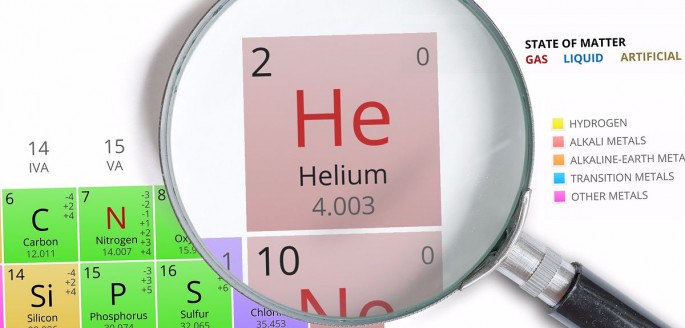A new breakthrough helium discovery was unearthed in Africa that can provide a crucial solution in the impending shortage of helium gas that serves as an important component in surgical medicine.
About a year ago, helium reserves were on the brink of running out as medical doctors are urging for a massive ban on the use of helium in other commercial purposes apart from medical usage.
Most people know about helium in party favors, balloons used for entertainment purposes however, apart from this, helium is a pivotal element in the field of medicine since it possesses an extremely low boiling point that is used as a super coolant for MRI scanners and even nuclear power and leak detection.
However, in this newest discovery, helium has been found by accident during an oil and gas drill operation. A scientific team from the University of Oxford and the University of Durham who are working in collaboration with Noway based Helium One, made this incredible discovery in Tanzania, East Africa.
In this new study, the team were able to apply their oil and gas expertise to explore the nature of this gas, and how it is produced naturally underneath the Earth's surface, where rich concentrations of helium are deposited.
New findings reveal how intense volcanic activity can provide extremely high temperatures for heat that releases gas from ancient rock formations where helium is trapped.
This new helium reserve is located in the Tanzanian East African Rift Valley as volcano systems produced a tectonic reaction releasing helium from rock deep within the Earth's crust that concentrated in shallow gas fields.
According to Chris Ballentine from the Department of Earth Sciences at the University of Oxford, there is an estimated 54 billion cubic feet of helium in just one section of the Rift Valley that is enough to provide for more than 1.2 million MRI scanners.
According to the United States Helium Reserve, global consumption of helium reaches around 8 billion cubic feet, as the American reserve is also the largest supplier of helium with total reserves of 24 billion cubic feet.
Ballentine believes that this is a crucial game changer for the security of helium needs and similar discoveries could soon be uncovered as well. Researchers also say that the price of helium have spiked to 500 percent in the last 15 years.
Apart from this, this gas can also escape gravitational forces and leak into outer space, as scientists say that helium is not renewable or even replaceable.




























